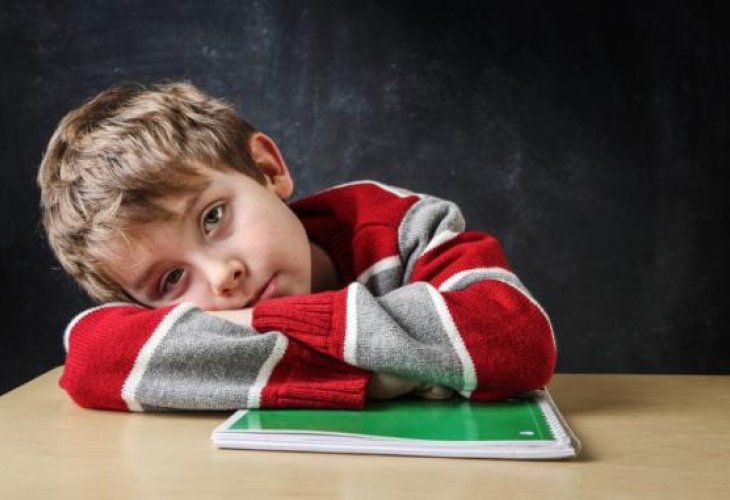Attention Deficit: Not Just a Childhood Concern
Think ADHD fades with childhood? New research shows 41% of kids diagnosed with ADHD continue to face its effects into adulthood.

In the past, it was widely believed that most children with Attention Deficit Hyperactivity Disorder (ADHD) would 'grow out' of it. Parents were often reassured to be patient, as eventually their children would mature and leave ADHD behind. However, recent studies increasingly suggest the opposite: ADHD can undoubtedly accompany children into adulthood.
In a longitudinal American study following children diagnosed with ADHD for 16 years, researchers found that 60% of these individuals displayed ADHD symptoms in their mid-twenties. Furthermore, 41% experienced not just symptoms but a tangible impairment due to the disorder. The follow-up on these individuals utilized a mix of self-reports, parental insights, and symptom questionnaires.
"There used to be much debate over whether children with ADHD continue to experience symptoms in adulthood," says Dr. Margaret Sibley, the leader of the long-term study. "Our research shows that the way we diagnose ADHD can lead to different conclusions on whether a particular adult still has the disorder or not. For instance, if you ask adults about symptoms, they're often not aware of them. However, family members or close friends can confirm noticeable ADHD symptoms."
Dr. Sibley added that if the classic childhood ADHD definition is used for diagnosing adults, many cases may be missed as the manifestation of the disorder evolves with age. "By posing questions to family members about the adult's symptoms and using an adult-relevant definition, we typically find that about half of the children with moderate to severe ADHD show significant disorder signs in adulthood."

